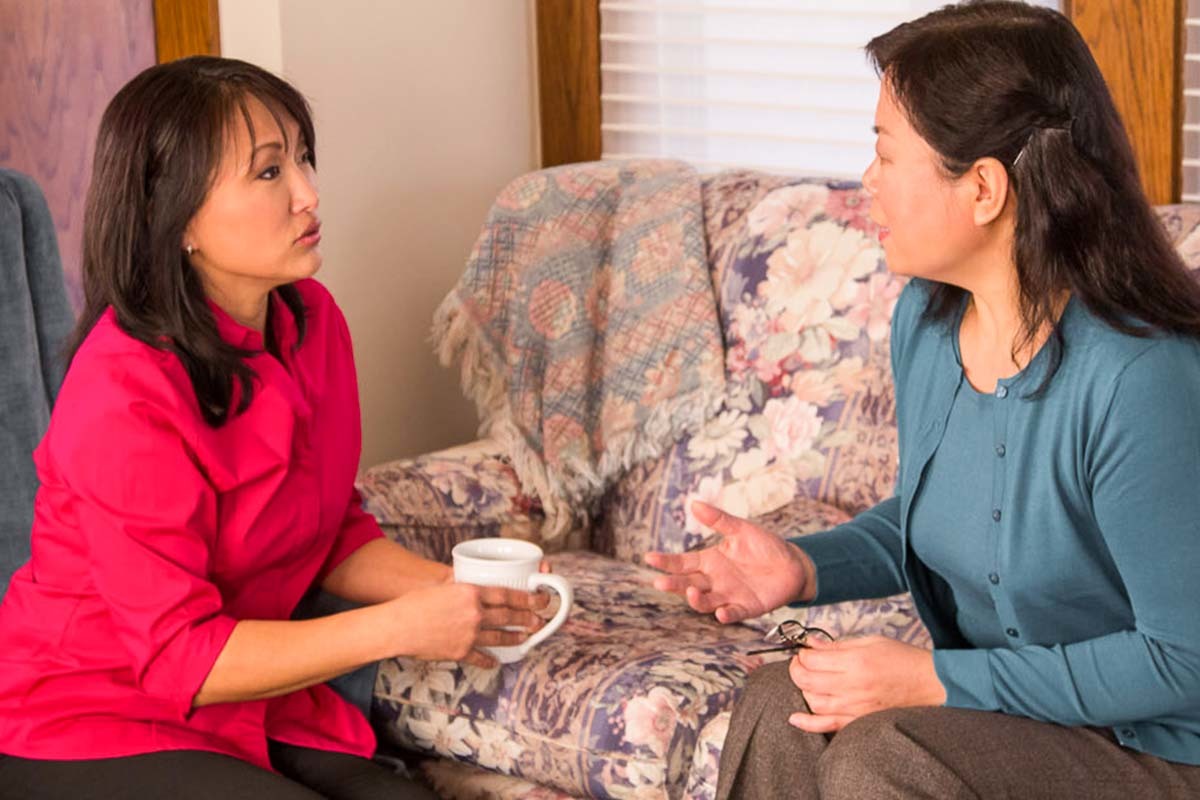In a perfect world, caregiving is a shared responsibility. Unfortunately, if a spouse or other family member is unable to lend support, the caregiving role tends to fall to one person – and that person alone.
According to Home Instead research, 72 percent of primary caregivers provide care to a parent or loved one without any outside help. Not surprisingly, 31 percent of those surveyed admit they'd like more help with caregiving, and one in four resents other family members who don't help.
If you are a sole caregiver, look for ways to avoid burnout and stress. It’s important to take care of your own health, or you won't be any good to the person you are providing care. Start with a plan that includes family members like the Action Plan for Successful Aging. A plan can help identify what hurdles could stand in the way of providing an aging adult care.
One of the best ways to avoid becoming overstressed is to enlist the help of siblings, other family members and friends – without feeling bad or guilty for reaching out.
Asking for help is difficult for many people. These suggestions could help get other family members or close friends involved in the care of an aging adult.
How to Effectively Ask for Help as a Caregiver
Give each person a responsibility
Even if the tasks required are small, make sure everyone gets one. If your brother lives 1,000 kilometers away, make it his responsibility to call your elderly parent once a week to check in or to visit for a week each year to allow you to take your own family vacation.
Divide up the tasks
Designate a specific family member to handle the medical aspects of your relative's care (talks with doctors, medication information, etc.), while another takes on the responsibility for groceries/meals and another handles paying the bills. By dividing up the tasks, each person becomes more involved with the details or these tasks and can keep each other abreast of changes, issues, problems, etc.
Converse about issues
If you don't express your concerns (e.g., debilitating health, amount of time you are spending caring for them, etc.), you can't expect your other family members to know what you are thinking and feeling.
Don't be a control freak
If you want to control every aspect of the care, other family members may be less apt to step in, thinking you have it all under control. They'll be less able to understand your stress level if they believe you are the one creating it.
Find Support
If you don't have other family members to help, consider joining a local caregiver support group or involving outside friends, church members or professional caregivers to share the duties.
Respite Care Services Near Me




